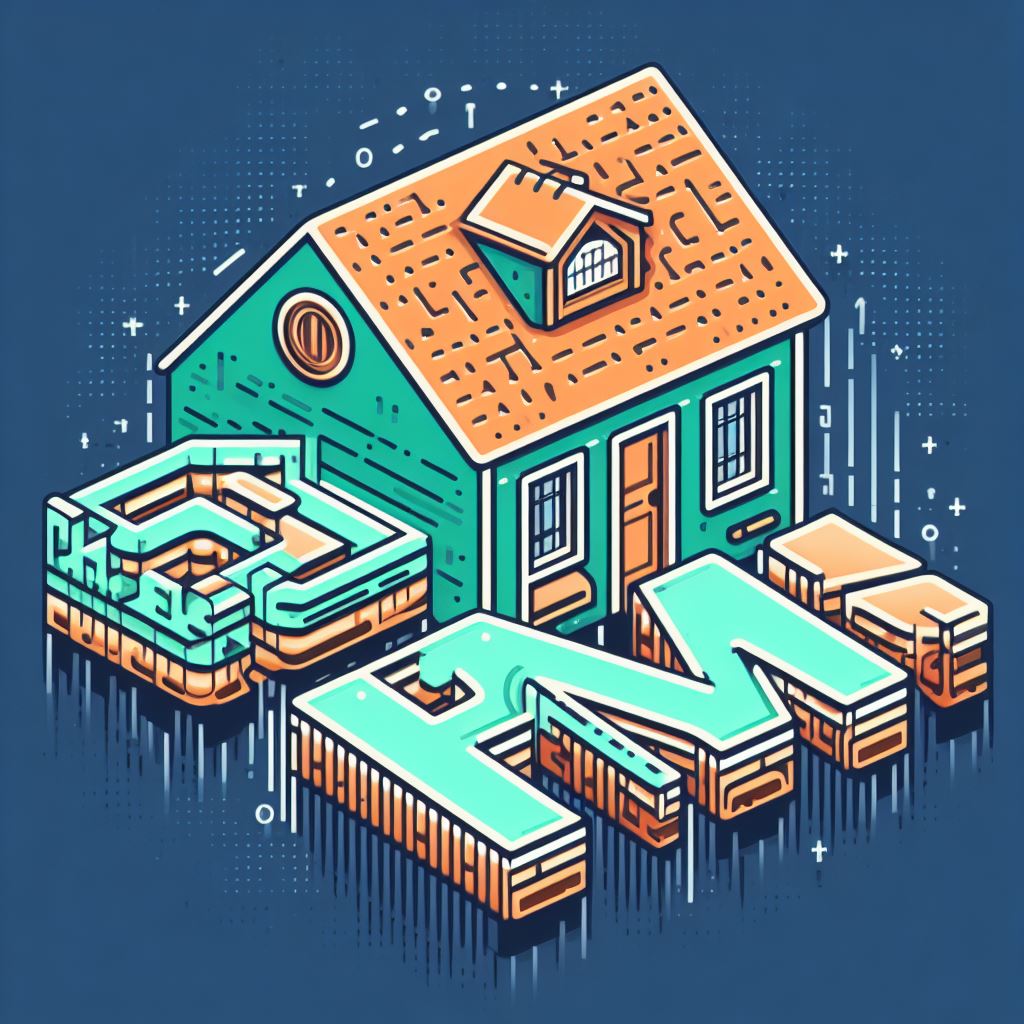How PMI Affects Your Mortgage: A Comprehensive Guide

Private Mortgage Insurance (PMI) is a term that often comes up when discussing mortgages, particularly if you're making a down payment of less than 20%. It's essential to grasp what PMI is, how it affects your mortgage, and what you can do to manage this additional cost. In this article, we'll explore the significance of PMI in the world of mortgages.
What is PMI?
Private Mortgage Insurance (PMI) is a type of insurance that lenders require from borrowers who provide a down payment less than 20% of the home's purchase price. PMI protects the lender in case the borrower defaults on the loan. Essentially, it's a way for lenders to minimize their risk when financing higher Loan-to-Value (LTV) mortgages.
How Does PMI Affect Your Mortgage?
PMI has several implications for your mortgage:
Additional Cost: PMI adds an extra cost to your monthly mortgage payments. The amount you pay for PMI varies based on the size of your down payment and the lender's PMI rate.
Higher Monthly Payments: Due to the added PMI premium, your monthly mortgage payments will be higher. This can affect your budget and reduce your purchasing power.
Impact on LTV Ratio: PMI directly impacts your Loan-to-Value (LTV) ratio. Your LTV ratio is a critical factor that lenders consider when approving your mortgage application. A higher LTV ratio often results in a higher PMI premium.
Mortgage Approval: While PMI helps borrowers with smaller down payments secure a mortgage, it may be a barrier for some. Your ability to qualify for certain loans may be influenced by the presence of PMI.
Builds Equity More Slowly: A portion of your monthly payment goes towards paying down the principal balance of your mortgage. However, because PMI increases your overall monthly payment, you may build equity more slowly in the early years of your mortgage.
Managing PMI Costs:
While PMI is an additional cost, there are strategies to help manage its impact:
Larger Down Payment: The most effective way to avoid PMI is to make a down payment of at least 20% of the home's purchase price. This eliminates the need for PMI.
Lender-Paid PMI: Some lenders offer Lender-Paid PMI, where they pay for the PMI themselves but may charge a slightly higher interest rate. This can be beneficial if you prefer to avoid the monthly PMI premium.
PMI Cancellation: Once your LTV ratio reaches 80% or less, you may be eligible to request PMI cancellation. Be sure to keep track of your payments and reach out to your lender when the time comes.
Home Value Appreciation: As your home's value increases and your LTV ratio decreases, you can request a PMI removal. An appraisal is typically required to confirm your property's increased value.
In Conclusion:
Private Mortgage Insurance (PMI) is a cost you'll encounter if your down payment is less than 20% when purchasing a home. While it adds to your monthly expenses, it enables many homebuyers to enter the housing market with a smaller initial investment. Understanding how PMI works, its impact on your mortgage, and how to manage its costs is essential to making informed decisions when financing your home.